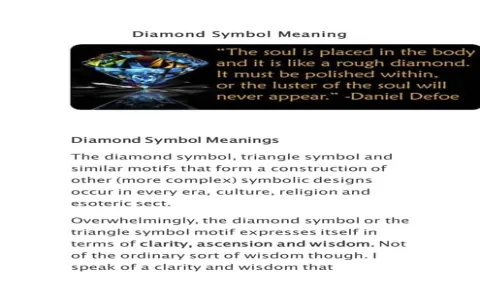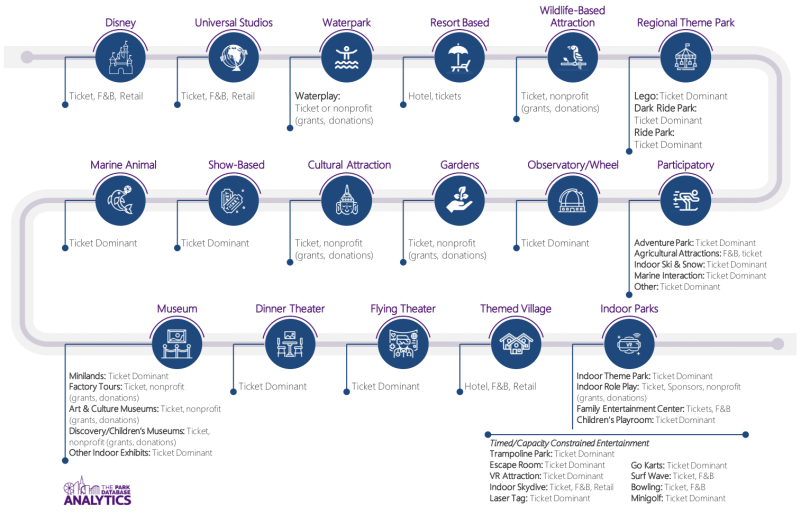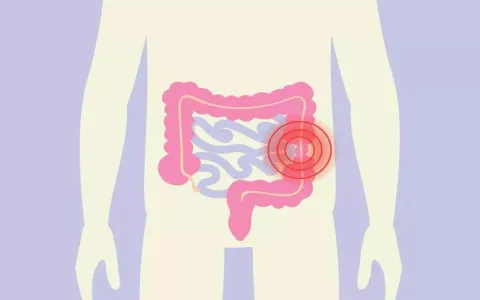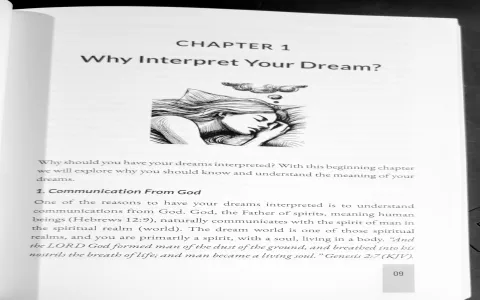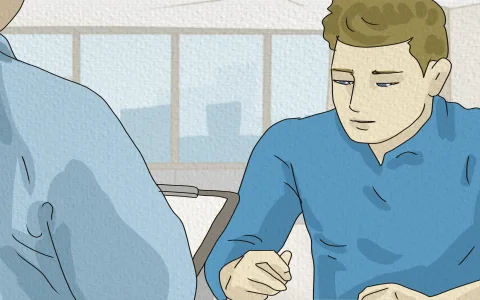Last Tuesday morning, my daughter woke up crying her eyes out. She said she’d dreamed of being chased while riding a roller coaster, and the terror had completely overwhelmed her. Even after trying all the usual comforting methods—holding her tight, offering a warm glass of milk, telling her “dreams aren’t real”—nothing worked. She remained trapped in her fear, unable to calm down for a long time.
In that moment, a thought struck me: Perhaps dreams aren’t just meaningless random images. They might genuinely reflect deep-seated emotions and pressures within a child. Especially scenes like amusement parks, which seem joyful, why do they become so terrifying in dreams? This made me seriously consider ways to understand dreams.
An Unexpected Exploration: From Skepticism to Experimentation
After dropping my child off at school, I brewed a cup of coffee, opened my laptop, and searched “amusement park dream analysis.” The results were flooded with clichéd interpretations like “symbolizing happiness” or “pursuing freedom,” along with countless psychic advertisements that made me roll my eyes. I was about to close the page when my daughter’s tears came to mind, prompting me to dig deeper.
Later, I stumbled upon an old forum post suggesting people keep a “dream journal”: write down dream details immediately upon waking, without rushing to analyze them—just preserve the raw material. This method seemed far more reliable than those mystical interpretations. I rummaged through drawers to find an old notebook. Unable to locate a pen, I grabbed my child’s blue crayon instead. Let the recording begin.
My “Dream Experiment”: Authentic Dream Logs
The next morning, I had a strange dream myself: trapped in a massive haunted house maze, surrounded by mirrors with no exit in sight. Upon waking, I immediately grabbed the crayon and jotted down these impressions in my notebook:
- Walls entirely covered in mirrors, deeply unsettling
- Distorted carnival music echoing in the distance
- Sweating profusely, feeling suffocated
- Air thick with popcorn and motor oil
When I finished writing, I had no idea what any of this meant. But I decided to keep at it daily. So I recorded my dreams for a full week, including mundane ones—like brushing teeth or waiting for a bus. By the weekend, I had filled five thick pages and could finally begin analyzing.
Initial Interpretation: Symbols in the Amusement Park Dream
I categorized the week’s dreams and tried to understand them using professional references:
- Roller Coaster: Represents life’s ups and downs or emotional fluctuations. But children’s dreams are often more straightforward—it might simply reflect pressure from competing with peers.
- Mazes or getting lost: Symbolizes confusion and uncertainty. Adults dreaming of such scenes often face difficulties in life or work.
- Damaged rides, creepy clowns: Usually hints at a lack of security or worry. Dreaming of a stopped Ferris wheel or flickering lights often reflects anxiety.
Beyond these symbols, some folk interpretations exist:
- Men dreaming of amusement parks: Indicates a fondness for adventure and excitement.
- Women dreaming of amusement parks: May symbolize a romantic mindset or a desire to travel.
- Visiting an amusement park with a lover: Signifies passionate and romantic feelings in the relationship.
- Playing alone: May suggest a longing for new experiences or dissatisfaction with reality.
- Married individuals dreaming of amusement parks: Complex contradictions may exist within the relationship.
- Single women dreaming of amusement parks: Hints at potential family troubles.
- Those discussing marriage dreaming of amusement parks: Indicates stubbornness on both sides, making marriage progress difficult.
While these interpretations may not be 100% accurate, they provide a reference framework.
My “Dream Interpretation Method”: A Simple, Actionable Process
That Saturday, I had another dream: I was riding an old carousel horse. The horse creaked and turned slowly, and I felt bored and irritated. Using the method I’d developed, I analyzed it like this:
- Immediately record details:
“Carousel. Slow. Creaking. Bored. Wanted to get off.” - Review Emotions:
The core feelings were weariness and frustration, like being trapped in an endless cycle. - Extract Symbolism:
The carousel likely symbolized repetition and stagnation; the creaking conveyed a sense of age and exhaustion. - Connect to real life:
Recalled recent company meetings—weekly repetitions of meaningless content. Suddenly, it all clicked.
This method isn’t magic, but it gave me clearer insight into my dreams and eased that discomfort.
Helping Children Interpret Dreams: From Nightmares to Relief
When I applied the same method to analyze my daughter’s dream, I noticed a crucial detail: she wasn’t being chased by the roller coaster—she was desperately chasing it. This reminded me of how she always wanted to play with older kids at school, constantly worried about falling behind. So I told her, “Your dream wasn’t about monsters chasing you—it was about you chasing others, probably because you want to become stronger.” She immediately relaxed and smiled. It turns out that one thoughtful explanation can reassure a child more than a thousand reassurances that “dreams aren’t real.”
Summary: Dream Analysis Isn’t Mysticism, It’s Psychological Clues
Many people think dream interpretation is mystical, but I’ve found that by meticulously recording details like a detective, paying attention to emotions within the dream, and then comparing it to reality, you can uncover a lot of hidden information. Though amusement park dreams appear vibrant, they often mirror our true feelings about stimulation, pressure, relationships, or daily routines.
If you frequently have strange dreams, try these simple methods:
- Record immediately upon waking: Capture the dream while it’s still vivid.
- Focus on emotions: Feelings are often the dream’s key.
- Decode symbols: Start with concrete objects rather than abstract concepts.
- Connect to reality: Ask yourself what in your life might be triggering these feelings.
Through this process, you’ll discover dreams act like a mirror, reflecting your inner anxieties, desires, and thoughts. While clowns in dreams may still feel frightening, at least you’ll know they’re merely embodiments of certain emotions—not omens of fate.





